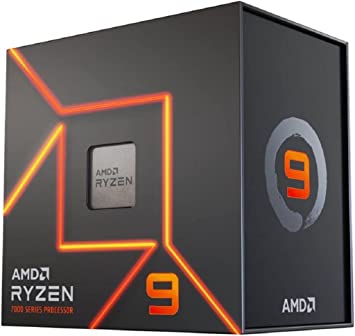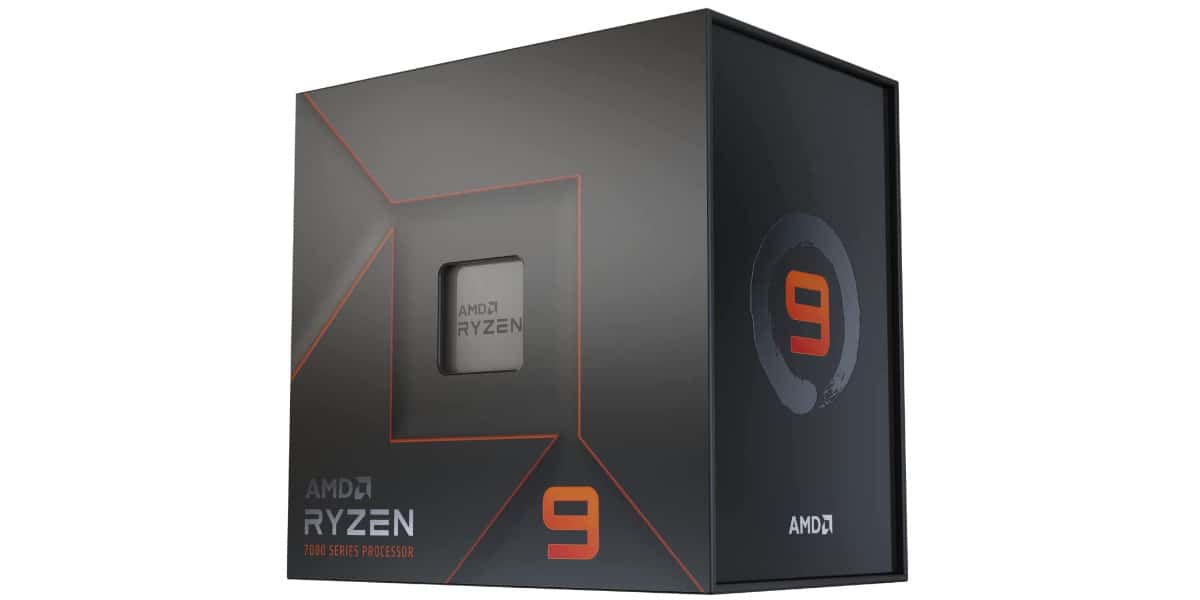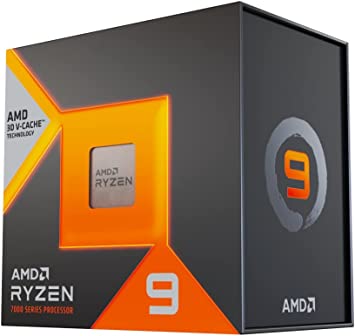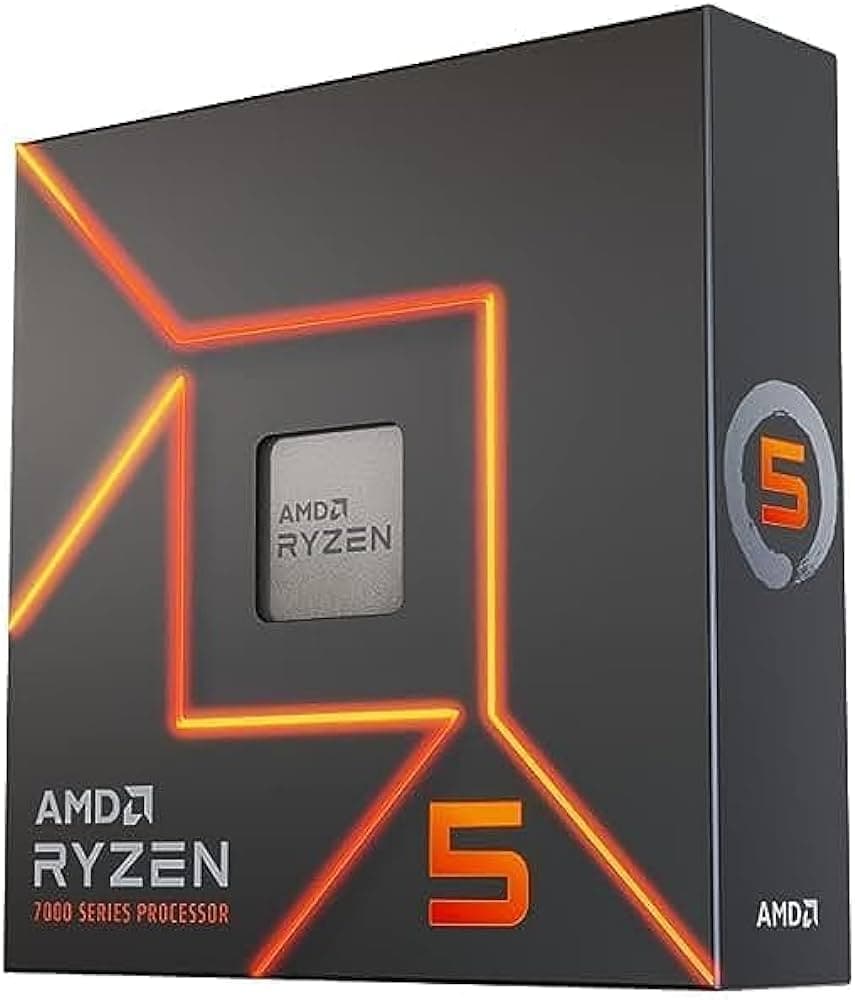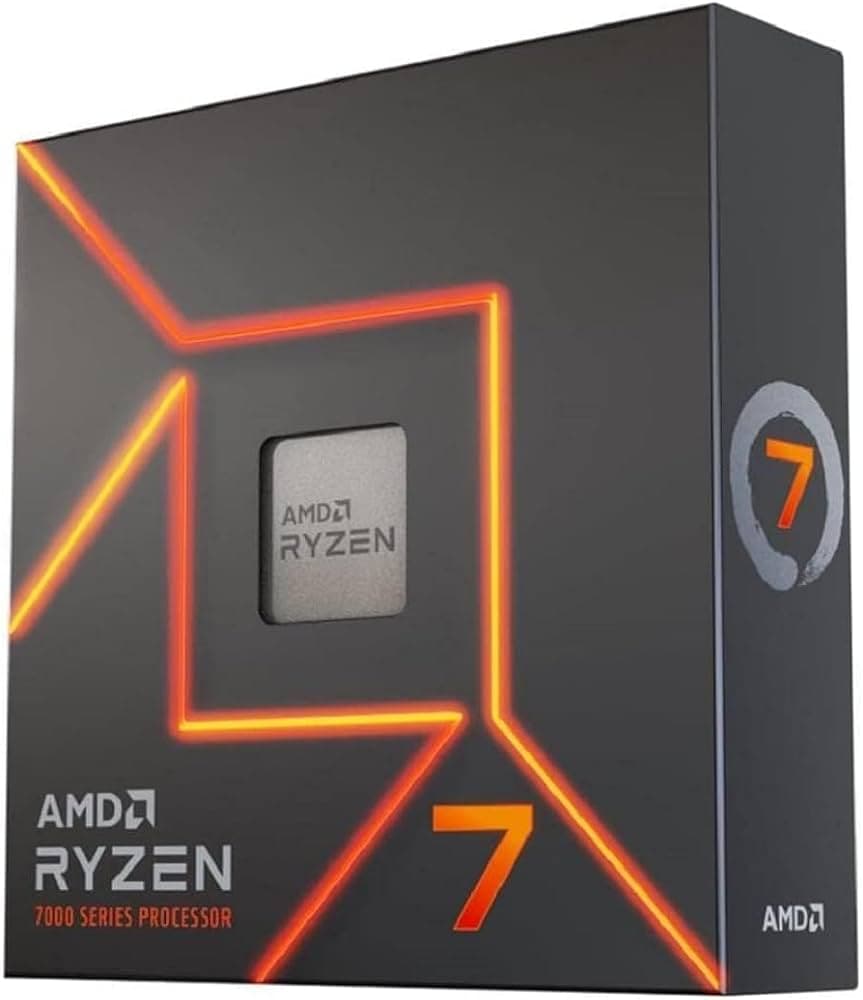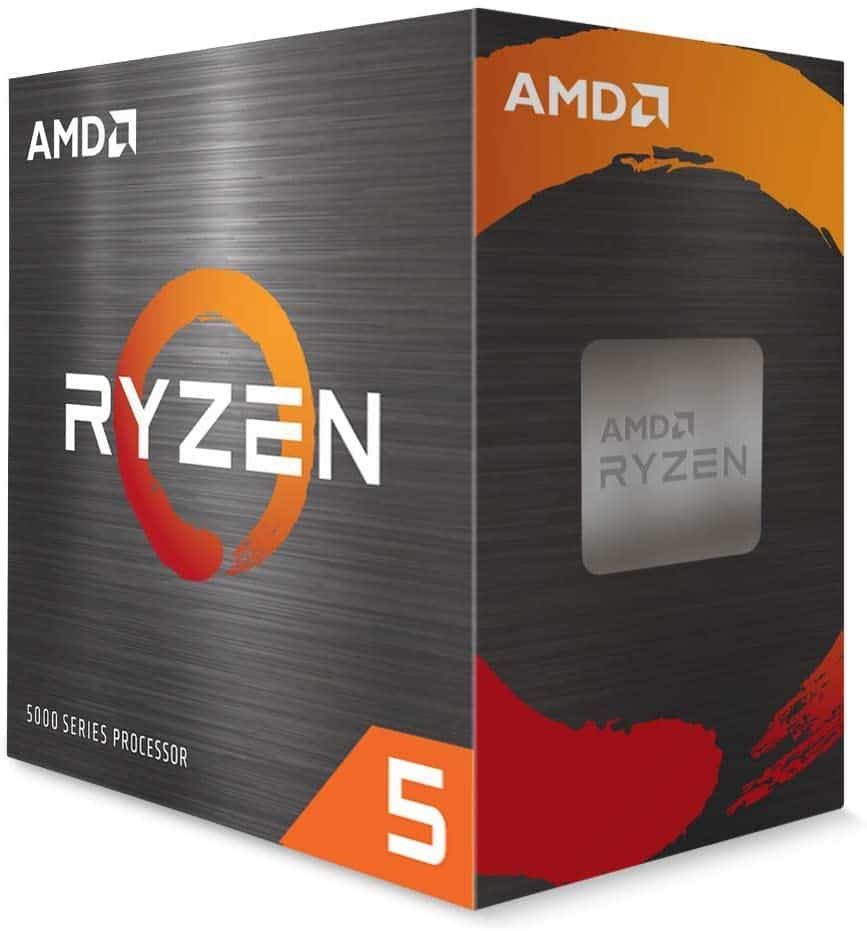Ryzen 9 9900X vs Ryzen 5 9600X: high-end or entry-level, how do they compare?
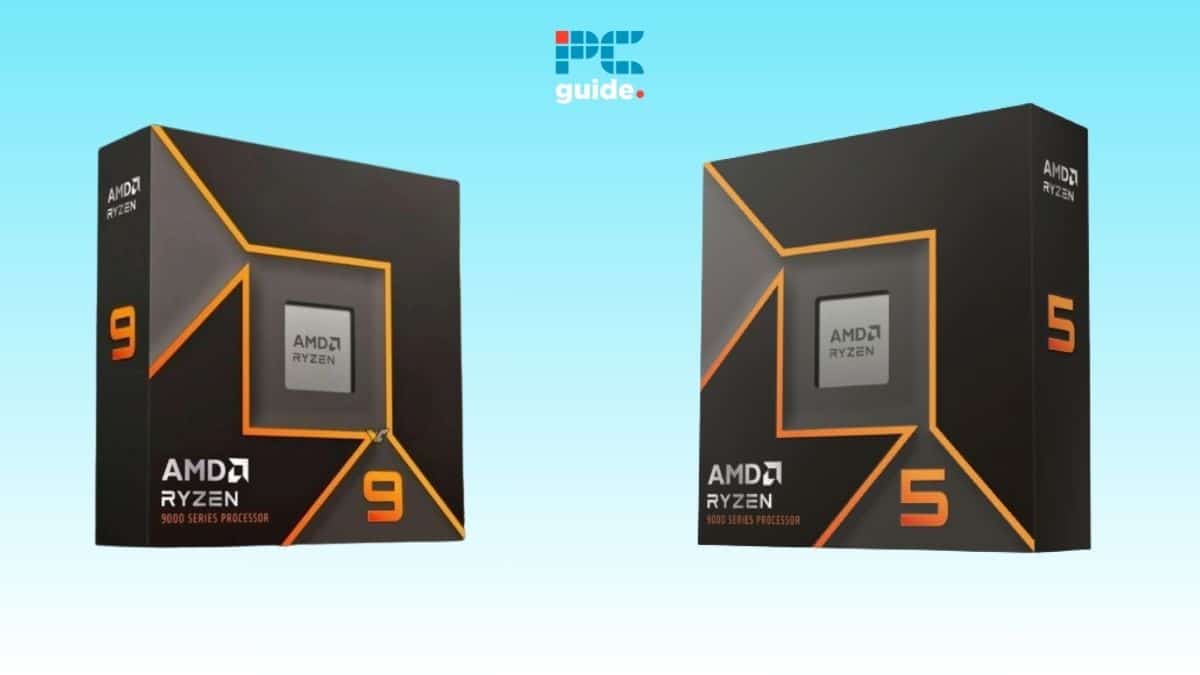
Table of Contents
Whenever any CPU lineup is announced, people first think of how much better they are than their counterparts and how the processors compete against themselves. That said, the Ryzen 9000 series has hit the market, and the fans can finally get what they’ve been waiting for: a showdown between the Ryzen 9000 family. This time around, we’re pitting the high-end 9900X against the 9600X.
The Ryzen 9 9900X and the Ryzen 5 9600X are available for purchase on Amazon. To see how much these processors have improved over their predecessors, we’ve also thoroughly reviewed the 9600X. So, without wasting another moment, let’s get right into it.
AMD Ryzen 9 9900X
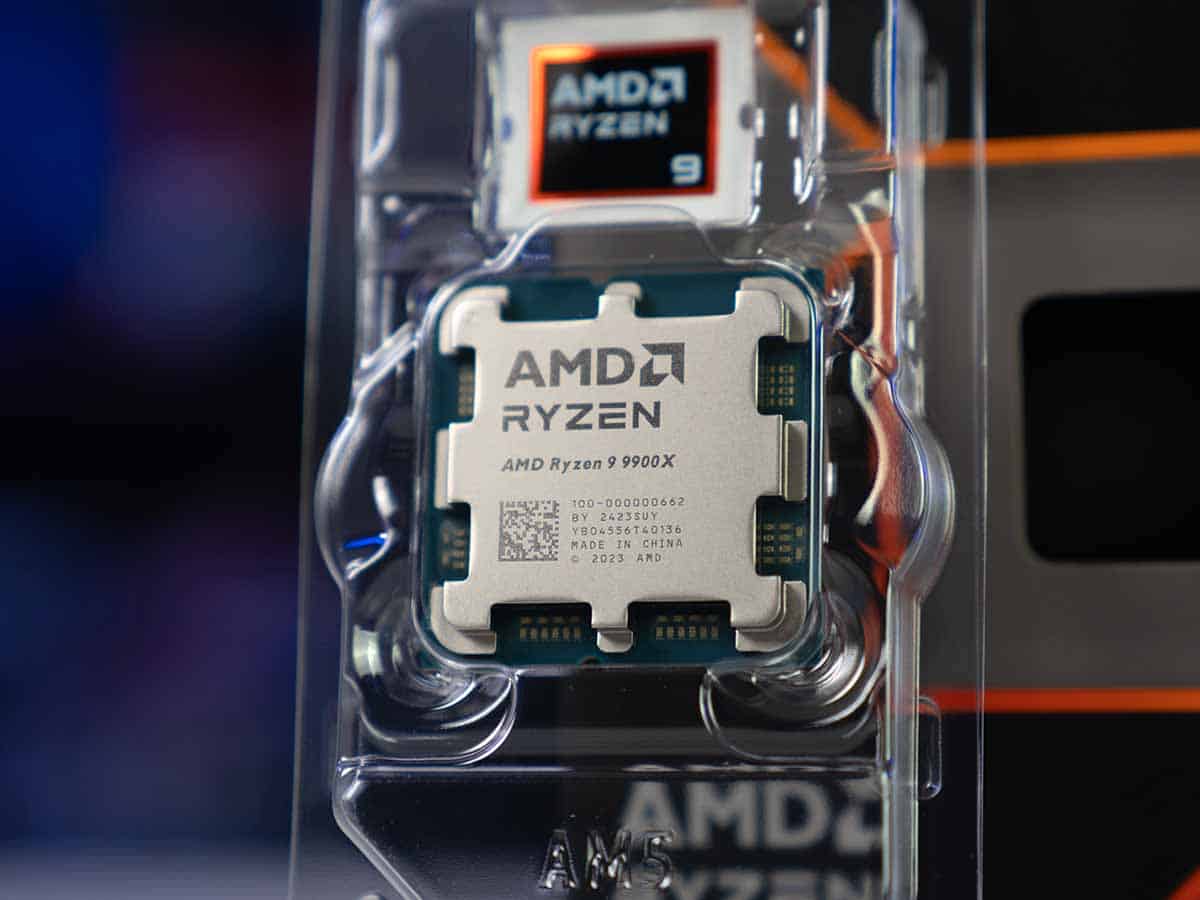
Cores
12
Threads
24
Boost clock speed
5.6 GHz
Base clock speed
4.4 GHz
L3 Cache
64 MB
TDP
120 W
Platform
AMD Socket AM5
Shop on Amazon
CHECK PRICEAMD Ryzen 5 9600X
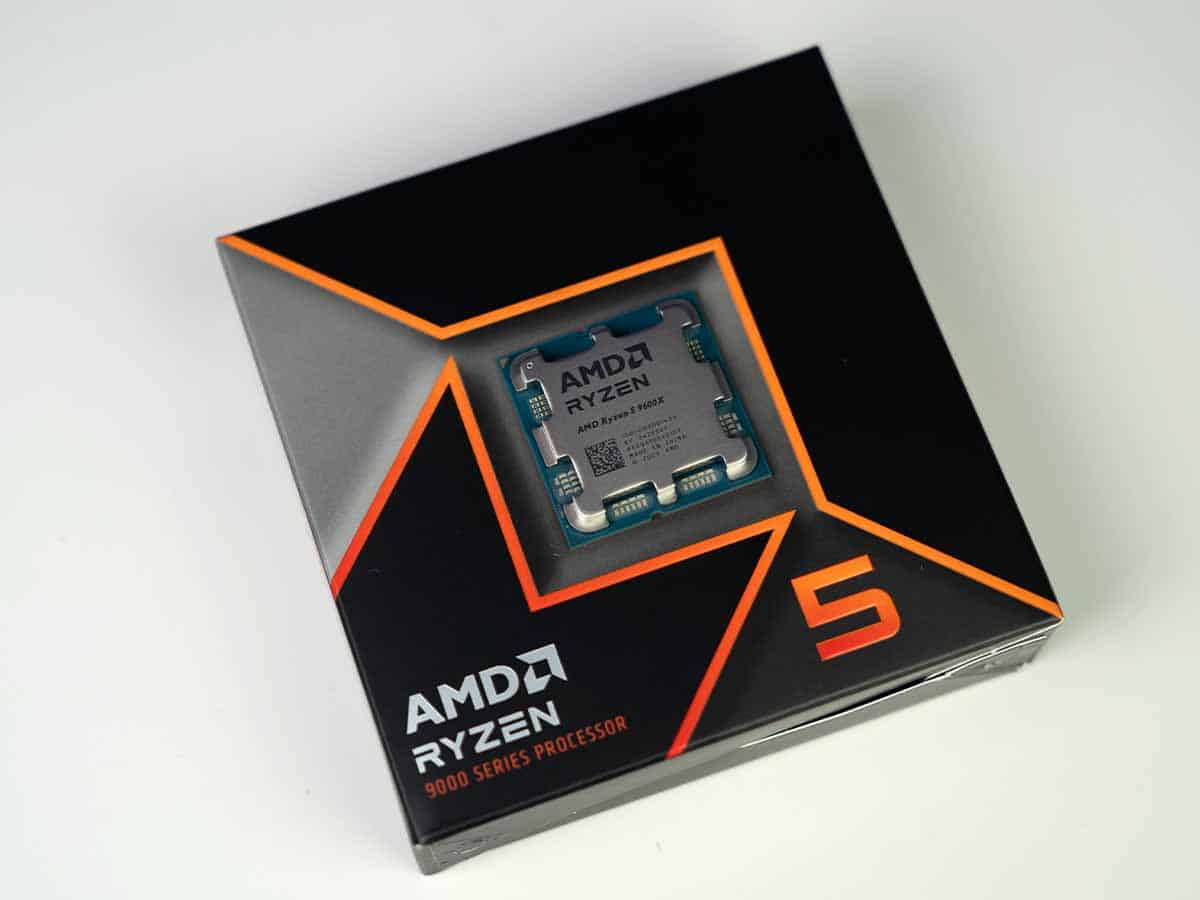
Cores
6
Threads
12
Boost clock speed
5.4 GHz
Base clock speed
3.9 GHz
L3 Cache
32 MB
TDP
65 W
Platform
AMD Socket AM5
Shop on Amazon
CHECK PRICESpecifications
To see the hardware difference between the two processors, we've listed their specifications below.
| Specifications | Ryzen 9 9900X | Ryzen 5 9600X |
| Architecture | Zen 5 | Zen 5 |
| Socket | AM5 | AM5 |
| Process | TSMC 4nm FinFET | TSMC 4nm FinFET |
| Cores | 12 | 6 |
| Threads | 24 | 12 |
| Base clock speed | 4.4 GHz | 3.9 GHz |
| Boost clock speed | 5.6 GHz | 5.4 GHz |
| L3 Cache | 64 MB | 32 MB |
| TDP | 120W | 65W |
| Integrated graphics | AMD Radeon Graphics | AMD Radeon Graphics |
It’s not surprising to see this level of difference between the two processors, as one is a high-end 9000 series CPU, and the other is an entry-level processor. With that being said, we'll go a step further and explore each difference.
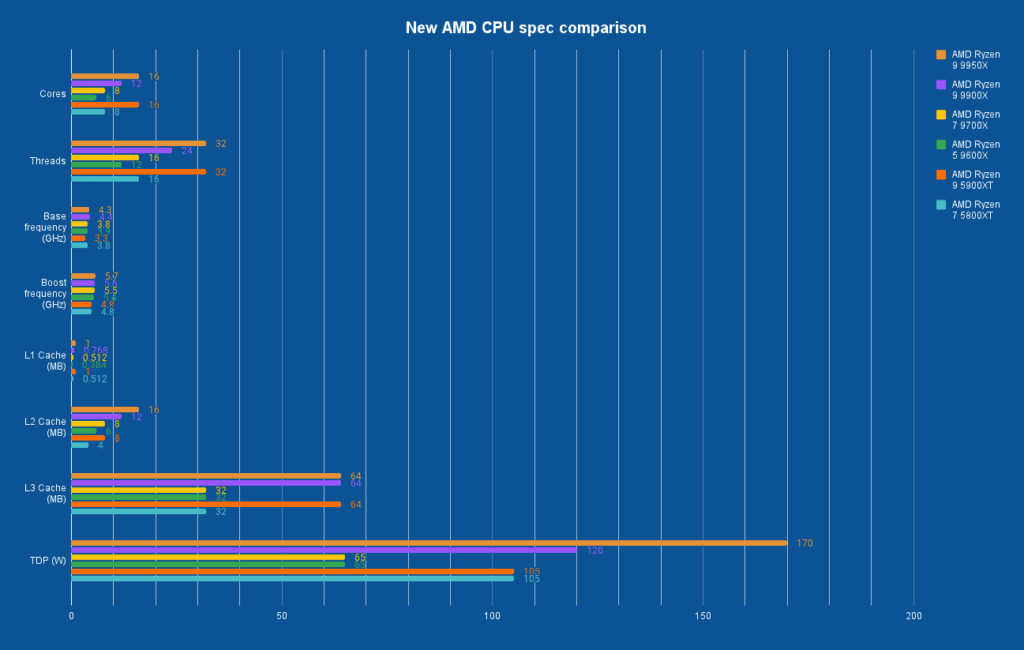
Foundations and cores
These processors, which are from the same generation, are built on the Zen 5 architecture and share the 4nm processor technology. While this may sound like there isn't any difference between the two, on a smaller scale, the difference is huge.
The 9900X has twice the number of cores and threads, meaning it can fit more transistors than the 9600X, leading to better performance across the board. So, the 9900X would be able to better handle applications that require hyperthreading or use more cores.
However, that doesn't mean the 9600X is out for the count. While it might not have the hardware to handle multiple instances of resource-intensive tasks, it is certainly light on the pocket and should be able to handle intense gaming sessions and various productive workloads.
In addition, during our 9600X review, we saw a significant uplift in single-core performance, while the multi-core performance wasn’t that different from the 7600X. The 9600X scored 827 points in CPU-Z single, while the 7600X scored 766 points. In CPU-Z multi, the 9600X managed 6,435 points, while the 7600X managed 6,192 points. So, the 16% IPC uplift of the Zen 5 architecture came in clutch.
Clock rates
The processor’s clock rate determines how fast it can process information, and there is a clear difference between the 9900X and 9600X. The former has a 0.5 GHz faster max boost clock and 0.2 GHz faster base clock speed.
This difference is huge when you consider that six more cores are running at a higher frequency in the 9900X, meaning it has better processing and is more capable of handling heavy applications.
However, if you want better performance from the processor, you can overclock it, increasing its base and max clock speeds. That said, overclocking also increases its thermal output and energy consumption. In this case, we recommend using the best AIO cooler to keep the temperature under control.
Cache and TDP
The Ryzen 9 9900X has double the L3 cache capacity, meaning it has more space to store frequently accessed data. This also gives it the upper hand over the 9600X as the CPU would have to make fewer data fetch calls, saving valuable resources for other tasks.
However, with great power comes a higher TDP, and the 9900X has a power draw of 120W, while the 9600X sits with a comfortable 65W TDP. This means that it should result in lower electricity bills in the long run and have a decent overhead for overclocking, as even with that, it shouldn't reach the 120W mark.
Graphic capabilities
The Ryzen 9 9900X and Ryzne 7 9600X come with AMD Radeon graphics with two cores and a 2200 MHz frequency. What this means is that neither CPU has the upper hand when it comes to integrated graphics.
Moreover, both processors allow you to run your PC without a dedicated GPU and troubleshoot it should you need to check whether your GPU is faulty. The Radeon iGPU should be more than enough to run basic applications and power the desktop through which you can browse the internet or get some work done using the Microsoft Office suite.
9900X and 9600X price
These processors have been released, and we were surprised to see their price tags as they were launched at a cheaper price compared to the Ryzen 7000 series CPUs. The Ryzen 9 9900X has a price tag of $499, though you can get it for much cheaper on B&H Photo Video, and the 9600X has a price tag of $279.
How have these CPUs changed from the last generation?
The Ryzen 9 9900X is the second most powerful processor in the Ryzen 9000 lineup. Its predecessors were the 7900X and 5900X, which we've reviewed and will use as benchmarks. We'll look at the specifications of these three CPUs to see how much hardware changes between the same generation.
| Specifications | 9900X | 7900X | 5900X |
| Cores | 12 | 12 | 12 |
| Threads | 24 | 24 | 24 |
| Cache | 64 MB | 64 MB | 64 MB |
| Max boost clock | 5.6 GHz | 5.6 GHz | 4.8 GHz |
| Base clock speed | 4.4 GHz | 4.7 GHz | 3.7 GHz |
| TDP | 120W | 170W | 105W |
The three processors are exactly the same in terms of cores, threads, and cache. That said, the lower we go, the more decrease in clock speeds we see, which speaks to a good generation-over-generation improvement. The 7900X has a 0.3 GHz faster base clock speed, but the architecture of the 9900X should give it an edge to close that distance.
The 9600X entry-level processors have been historically well received. As far as their specifications go, there isn't much difference in cores, threads, and L3 cache.
| Specifications | 9600X | 7600X | 5600X |
| Cores | 6 | 6 | 6 |
| Threads | 12 | 12 | 12 |
| Cache | 32 MB | 32 MB | 32 MB |
| Max boost clock | 5.6 GHz | 5.3 GHz | 4.6 GHz |
| Base clock speed | 4.4 GHz | 4.7 GHz | 3.7 GHz |
| TDP | 120W | 105W | 65W |
| Architecture | Zen 5 | Zen 4 | Zen 3 |
However, the difference is evident when we look at the TDP, clock speeds, and architecture. The 9600X has a high TDP of 120W, an 84% increase from the 5600X. Its max boost clock is 0.3 and 1 GHz faster than the 7600X and 5600X, respectively, which puts the odds in its favor.
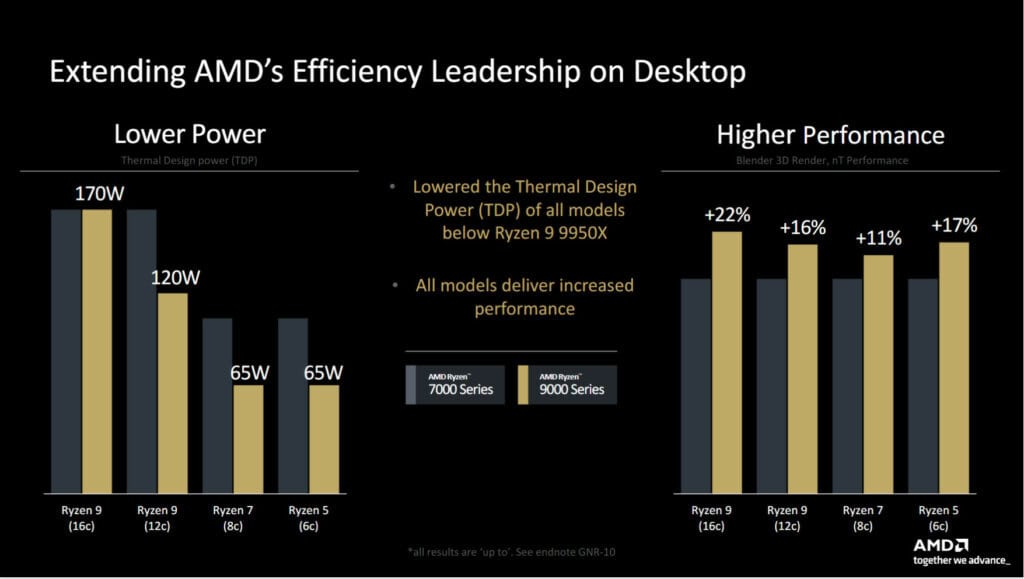
Alternatives to the 9900X and the 9600X
There are some processors that you could opt for instead of the 9900X and the 9600X, and we've listed them below. We've reviewed some of these alternative options, and you can also check out their in-depth reviews.
9900X alternatives
-
AMD Ryzen 9 7950X
- Cores: 16
- Threads: 32
- Boost clock speed: 5.7 GHz
- Base clock speed: 4.5 GHz
- L3 Cache: 64 MB
- TDP: 170W
-
AMD Ryzen 9 7900X
- Cores: 12
- Threads : 24
- Boost clock speed: 5.6 GHz
- Base clock speed: 4.7 GHz
- L3 Cache: 64 MB
- TDP: 170 W
-
AMD Ryzen 9 7900X3D
- Cores: 12
- Threads: 24
- Boost clock speed: 5.6 GHz
- Base clock speed: 4.4 GHz
- L3 Cache: 128MB
- TDP: 120W
9600X alternatives
-
AMD Ryzen 5 7600X
- Cores: 6
- Threads : 12
- Boost clock speed: 5.3 GHz
- Base clock speed: 4.7 GHz
- L3 Cache: 32 MB
- TDP: 105W
-
AMD Ryzen 7 7700X
- Cores: 8
- Threads: 16
- Boost clock speed: 5.4 GHz
- Base clock speed: 4.5 GHz
- L3 Cache: 32 MB
- TDP: 105W
-
AMD Ryzen 5 5600X
- Cores: 6
- Threads : 12
- Boost speed : up to 4.6 GHz
- Base speed: 3.7 GHz
- L3 Cache: 32 MB
- TDP: 65W
Which one should you go for?
While it may seem difficult to choose between the 9900X and 9600X, the process can be made much easier if you think about what you want to use it for. Does your workload require more cores and consists of crunching large amounts of data? If yes, then the 9900X should be a good fit for you. This is particularly true as the 9900X beat Team Blue’s 14900KS in single-core benchmarks.
If you're operating on a budget but want a processor that can handle gaming at various resolutions while knocking down productive workloads, the 9600X would be better suited for you.
And it looks like we're all in the same boat, with our resident hardware experts Jack Howarth and Seb Kozlowski agreeing on the application of these processors, which come from two completely different areas in the performance hierarchy.
The 9900X is the second best CPU that AMD offers right now, It holds the power to hammer through complex multithreaded workloads, whether that be data science, simulation, rendering, you name it, the 9900X can probably do it.
The 9600X on the other hand is the entry level chip in the 9000 series and designed to help you get your foot in the door, it’s more than capable of being your daily driver, and with an onboard GPU, it can serve 2 functions in an office PC
That’s not to take away from it’s performance though, those 6 Supercharged Zen 5 cores are ready and waiting to power though gaming/ medium multithreaded workloads with ease. Just if you have some heavy lifting to do, the 9900X might be your answer.
Jack Howarth
The two CPUs are starkly different, and basically on either end of AMD 9000 series CPUs. So they hit a different audience on both ends.
The 9600X is very much for more budget builders, and those looking to run basic tasks and only focusing on gaming. As it leaves you budget for other hardware and focusing on more important to you choices.
Whilst the 9900X is definitely for bigger enthusiasts and those running extreme productivity tasks like encoding and rendering that can utilize all those extra cores and speed but coming in with the extra cost to buy and also cool down.
Seb Kozlowski
